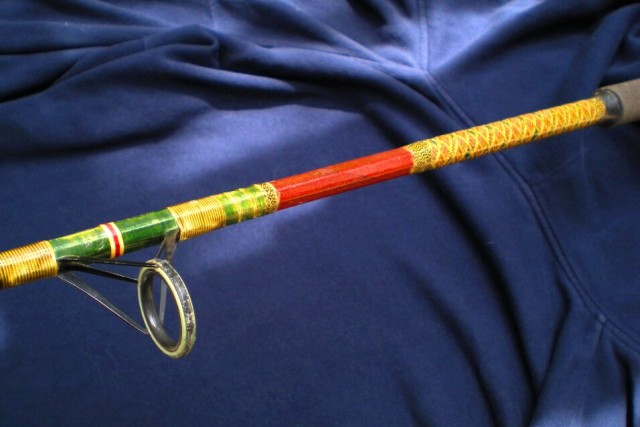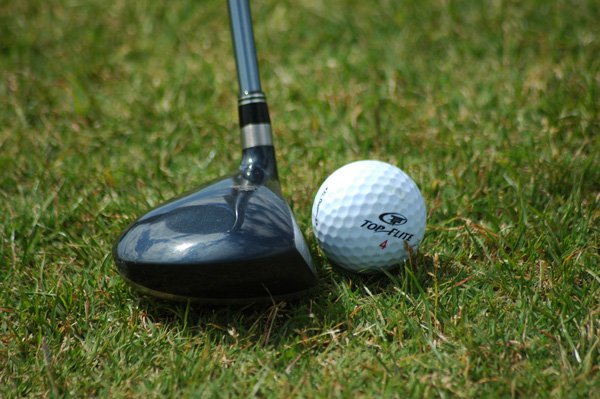Obstruction of a base
Question
QUESTION: In my opinion, in order to avoid injuries and to be fair to the runner, the fielder, including the catcher should not be allowed to block the base or plate, even if he/she is in possession of the ball. The runner should always have access to the base or plate. It is not necessary to block a base or plate. If the ball arrives on time, the runner will be out. Your opinion please. Thanks so much for your time.
ANSWER: John,
I am all for safety in sports, especially in non-professional leagues. However, to make a rule as simple as "if the ball arrives on time, the runner will be out" is unfair for several reasons:
1. The fielder could drop the ball when attempting to tag.
2. The runner could avoid a tag and be safe on the play.
3. The umpire would be required to determine if the ball "beat" the runner.
Especially for #3, at what point does the umpire consider it? Would it be similar to tagging the base/plate before the runner does? That takes away the reason for tagging in the first place.
I think the best policy is to teach players to give himself/herself up when it's obvious they're out.
---------- FOLLOW-UP ----------
QUESTION: Andrew,
Thanks for responding so quickly. Sorry if I did not make myself clear. Let's talk about a play at the plate where most collisions occur. When I said the runner would be out if the ball arrives on time, I did not mean that the catcher does not have to tag the runner. He still has to tag the runner for the runner to be out. What I meant was that if the ball beats the runner, the catcher will have the opportunity to tag the runner before he touches the plate, without having to block the plate. This makes blocking the plate unecessary. I have never seen where a baseman had to block a base in order to get the runner out at first, second or third base. Why do catchers feel they have to do it? The bottom line is if the catcher blocks the plate,this leaves the runner with only one option and that is to collide with the catcher and hope the catcher drops the ball. Denying the runner access to the plate gives the catcher an unfair advantage. I don't think that baseball was meant to be a body contact sport. Thanks for listening.
Answer
John,
Catchers feel they have to do it because it's allowed. The difference between home and other bases, as it pertains to sliding, is that the player isn't obligated to remain on the plate after touching it. Because of this, runners are apt to come to the base harder and faster, and usually don't slide. Honestly, if the runners were to slide into home the same as they do into second or third, there would be far less contact.
As I said before, the runners aren't required to collide with the catcher. Sportsmanlike conduct would stipulate that you give yourself up to the out and minimize injury to everyone.
defense for 7 and 8 year olds
Girls in Little League BASEball


